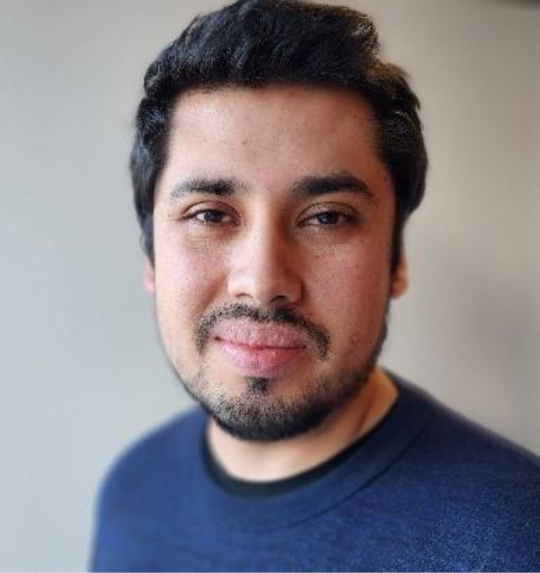
Lecturer, University of Bath
Dr Alejandro Jimenez Rios is a Lecturer in Structural Engineering and currently leads the History, Conservation, and Management Cluster in the Department of Architecture & Civil Engineering at the University of Bath. His work sits between structural mechanics, cultural heritage, and digital technology where he often finds himself trying to make these worlds speak to each other.
His research is rooted in a fairly simple question: how can we care for what we have already built while designing better ways to build in the future? He spends much of his time studying how materials like masonry, earth, and bamboo behave. Over the years, Alejandro has become increasingly interested in how old materials and traditional building techniques can inform a more sustainable construction culture. To do this, he has used tools ranging from non-destructive testing in historic buildings to advanced numerical simulations that, at times, feel far removed from the dusty sites they were meant to represent. Still, that mix between craft and computation is where he feels most at home.
Lately, Alejandro’s work has turned toward the digital transformation of the built environment. Technologies such as digital twins, structural health monitoring, and AI-driven assessment tools promise a great deal, but they also raise important questions about safety, data integrity, and trust. A digital twin, for instance, may appear to offer total control or foresight, yet its reliability depends entirely on the quality of the data and assumptions we feed into it. It is this tension between promise and uncertainty that fascinates him.
Through the CoSeC Fellowship, Alejandro wants to take a closer look at these issues. The project, titled SafeDT (Safe Digital Twins for the Built Environment), will explore how digital twins are being developed and used across conservation, construction, and infrastructure, as well as what risks are emerging as they become more deeply embedded in decision-making. Rather than studying this from a purely technical angle, he wants to create a space for open discussion. With support from the Institute for Policy Research, at University of Bath, he is planning an Idea Factory Event that brings together researchers, industry professionals, and policymakers. Alejandro also hopes the involvement with the Department for Business and Trade will help to ensure the conversation aligns with the UK Government’s digital strategies.
At the end of his CoSeC Fellowship, he would like to generate a white paper, a document that captures a shared understanding of where the real safety challenges lie and how we might tackle them. His hope is that this fellowship will not only advance his own thinking about the digitalisation of the built environment but also start a wider conversation about responsibility, uncertainty, and care in our increasingly data-driven approach to construction and conservation.
Interesting fact: Alejandro is an enthusiastic Linux user and advocate for the use of free and open-source software.